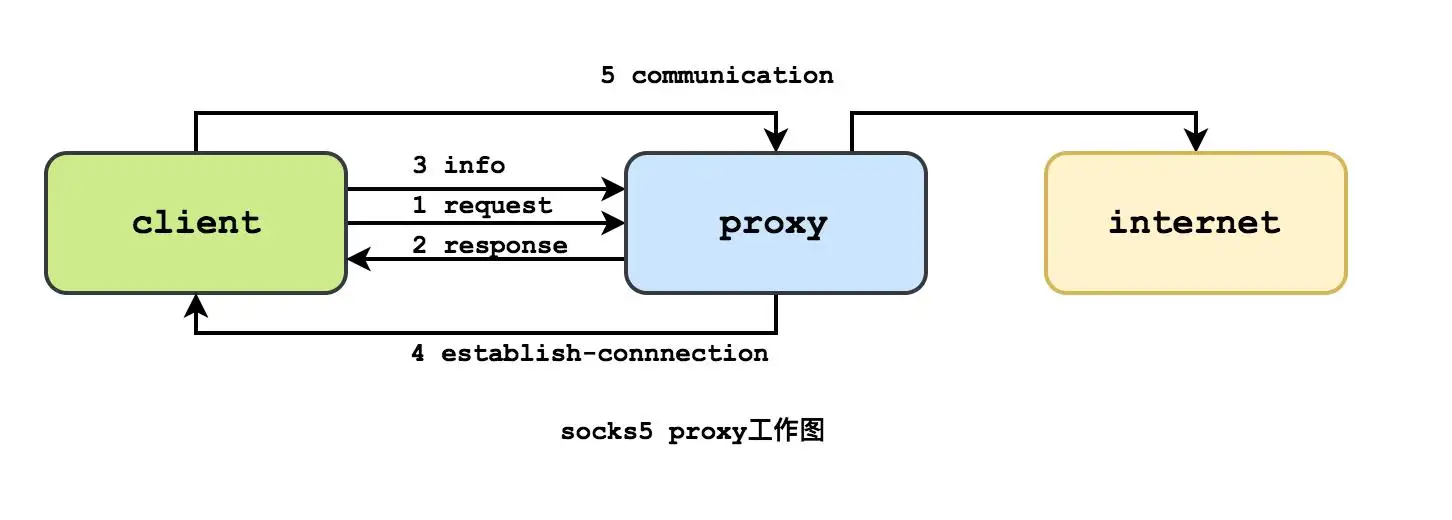Every computer on the internet needs to have a unique Internet Protocol (IP) Address. Think of this IP address as your computer’s street address. Just as the post office knows to deliver your mail to your street address, the internet knows how to send the correct data to the correct computer by the IP address.
A proxy server is basically a computer on the internet with its own IP address that your computer knows. When you send a web request, your request goes to the proxy server first.
The proxy server then makes your web request on your behalf, collects the response from the web server, and forwards you the web page data so you can see the page in your browser.
When the proxy server forwards your web requests, it can make changes to the data you send and still get you the information that you expect to see.
A proxy server can change your IP address, so the web server doesn’t know exactly where you are in the world. It can encrypt your data, so your data is unreadable in transit. And lastly, a proxy server can block access to certain web pages, based on IP address.
